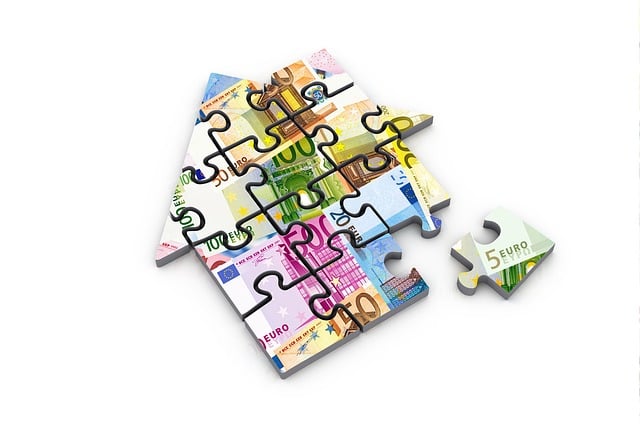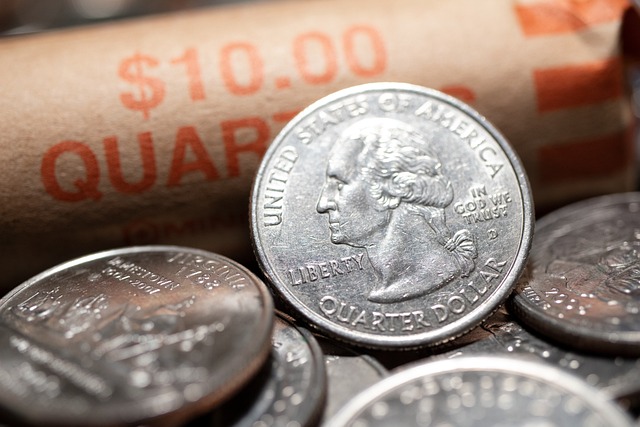Economic indicators like unemployment, inflation, and interest rates closely correlate with car title loan default rates. During downturns, higher unemployment reduces disposable income, making repayments difficult. Rising inflation decreases purchasing power while tighter interest rates discourage borrowing. Understanding these ties is crucial for lenders like Houston Title Loans to manage risk, employing flexible terms, financial counseling, and tailored loans to stabilize default rates in challenging periods.
“The intricate relationship between economic indicators and car title loan defaults is a fascinating subject, especially in understanding the broader trends within the lending industry. This article delves into how economic shifts impact the car title loan default rate, focusing on key factors such as recessionary effects and long-term recovery patterns. By examining these connections, we gain valuable insights into the volatile nature of car title loan defaults, offering a comprehensive analysis that aids both lenders and borrowers in navigating financial challenges.”
- Economic Indicators and Car Loan Defaults: A Connection
- Recession's Grip: Impact on Title Loan Repayment
- Recovery and Default Rates: Long-Term Trends Analysis
Economic Indicators and Car Loan Defaults: A Connection

Economic indicators play a pivotal role in shaping the car title loan default rate trends. Key metrics such as unemployment rates, inflation, and interest rates have a profound impact on borrowers’ financial health. During economic downturns or recessions, higher unemployment often leads to reduced disposable income, making it challenging for borrowers to meet their loan obligations. Similarly, rising inflation erodes purchasing power, while increasing interest rates can discourage borrowing by making alternative financing options more attractive.
Understanding these connections is crucial for lenders offering car title loans, such as Houston Title Loans, to manage risk effectively. By closely monitoring economic indicators, lenders can anticipate potential default risks and implement proactive strategies to mitigate them. This includes offering flexible repayment terms, providing financial counseling, or tailoring loan products to meet the specific needs of borrowers during challenging economic times, thus helping to stabilize car title loan default rates.
Recession's Grip: Impact on Title Loan Repayment

During economic downturns, the grip of recession tightens its hold on individuals and businesses alike, often leading to a significant rise in default rates for car title loans. This phenomenon is deeply rooted in the financial strain that recessions impose on borrowers. As unemployment rises and disposable income decreases, making ends meet becomes a challenging endeavor. Consequently, the priority for many borrowers shifts from loan repayments to ensuring their basic needs are met.
The economic climate during a recession influences several factors crucial to understanding car title loan default trends. One key aspect is the change in vehicle valuation; as market conditions deteriorate, the worth of vehicles tends to decline, impacting the collateral value. Additionally, the availability and cost of credit also play a role, with traditional lenders becoming more cautious, potentially restricting access to alternative financing options like semi truck loans or title pawn services. These challenges combined create a perfect storm for borrowers, making timely loan repayments more difficult and increasing the likelihood of defaults on car title loans.
Recovery and Default Rates: Long-Term Trends Analysis

The long-term trends in car title loan default rates offer a compelling insight into the economic health and its direct correlation with borrower behavior. Historically, recovery and default rates have shown distinct patterns, reflecting the broader financial climate. During economic downturns, when unemployment rises and personal finances become precarious, the car title loan default rate tends to spike. Borrowers often struggle to make flexible payments, as the immediate financial pressures take precedence over long-term debt obligations. This trend underscores the importance of these loans serving as a short-term financial solution rather than a sustainable borrowing option for stable economic conditions.
Conversely, periods of economic growth and stability have shown lower default rates. With more secure employment and improved personal wealth, borrowers are better equipped to manage their loan repayments without defaulting. The appeal of car title loans as a quick no credit check alternative during tough times is evident in these trends, highlighting the dual nature of these financial products—a lifeline for some but potentially detrimental if not managed prudently within the borrower’s means.
The intricate relationship between economic indicators and car title loan default rates highlights the importance of understanding macroeconomic trends. As seen in the analysis of recession’s impact and long-term recovery, economic downturns significantly influence repayment behavior, leading to higher default rates. However, careful examination of these trends offers valuable insights for lenders, enabling them to adapt strategies and mitigate risks associated with car title loans during challenging economic periods. By staying informed about economic shifts, lenders can navigate market fluctuations and potentially improve overall loan performance.






